
Math skills 36-48 months
Key points: Children at this stage have developed basic math skills and are starting to understand the concepts of parts…
[cat_cust_menu]

Key points: Children at this stage have developed basic math skills and are starting to understand the concepts of parts…

Key points: Children develop number awareness by recognizing numbers, understanding how counting works, and learning one-to-one correspondence. Sorting and classifying…

Key points: Early mathematical concepts in children are developed through their routines, experiences, and interactions with their environment and caregivers….
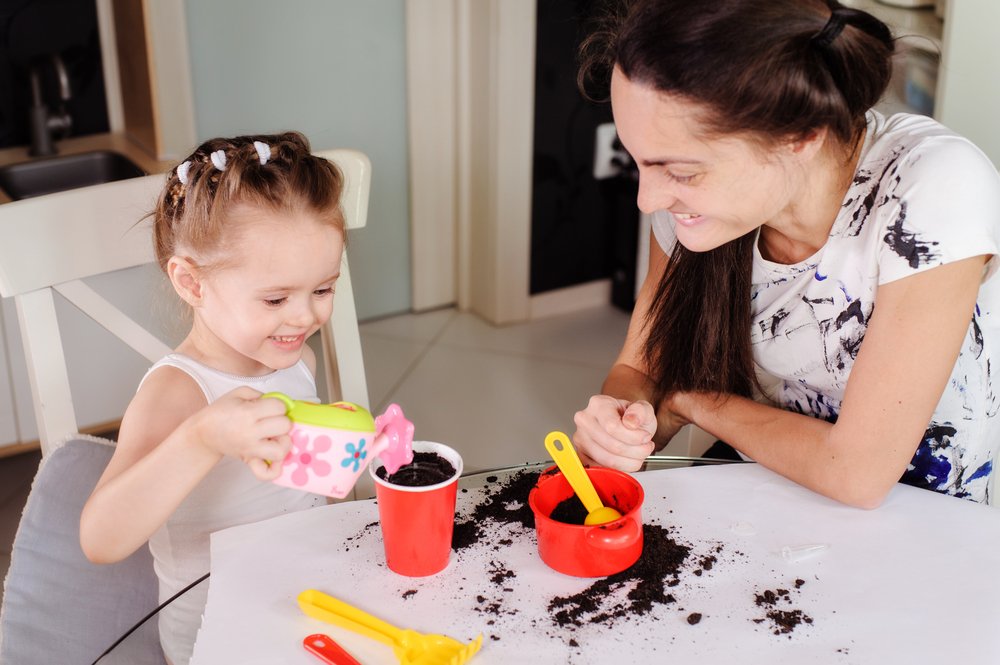
Key points: School break activities are vital for stimulating and entertaining your child. Tips include maintaining a schedule, planning daily…
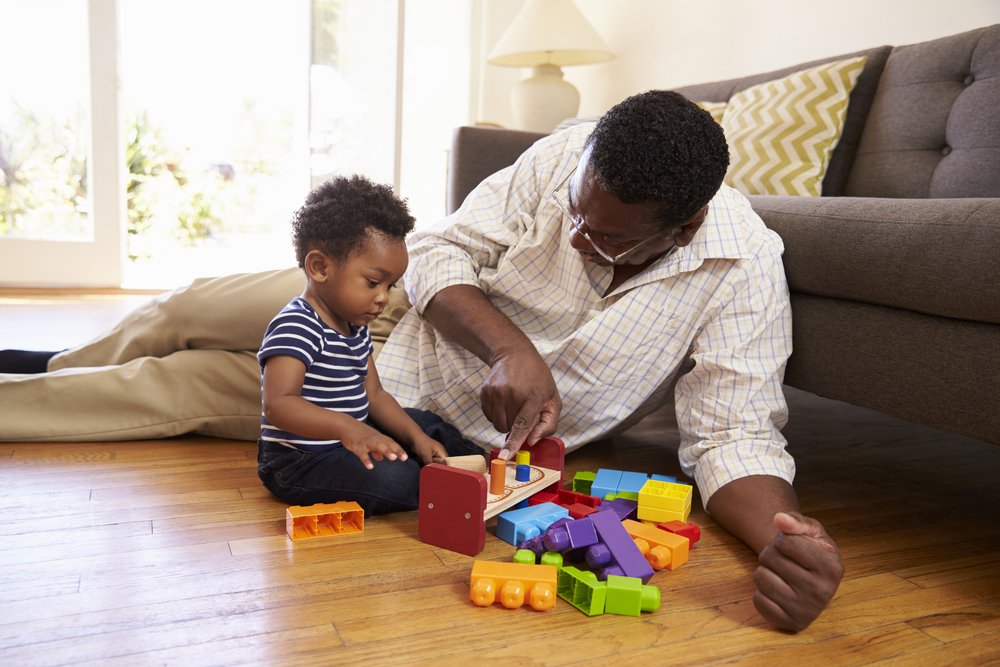
Key points: Trillions of connections made in a child’s brain during their first years are crucial to their early wiring…

Key points: Fathers have a unique role in their child’s life, providing emotional support and promoting inner growth and strength,…

Key points: Turning your home into a musical environment positively influences a child’s cognitive, physical, linguistic, and social-emotional development. Experiment…

Key points:1. Scaffolding is a learning process in which adults provide support to children’s development, helping them connect existing knowledge…

Key points:1. Between 8-12 months, expect your child to explore food and eating, which can be messy and playful.2. Encourage…

Key points:1. Children understand concepts like big and small and start grasping numbers and spatial prepositions.2. Gestures play a role…

Key points: Around 34 months, your child starts holding crayons with a more mature grip, preparing for writing. They plan…
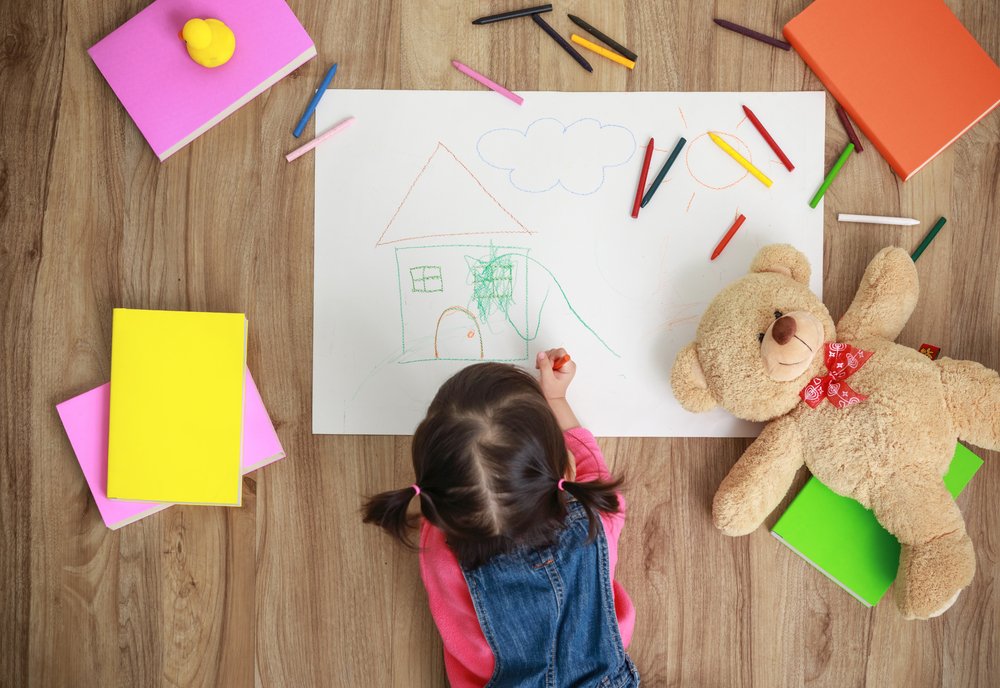
Key points: Scribbling is a crucial early step in preparing your child for reading and writing. It fosters hand and…

Key points: Fine motor skills are crucial for holding and manipulating objects, which are essential for tasks like writing, buttoning…

Key points: Help your baby develop hand and finger strength, control, and coordination from an early age. Blocks are a…
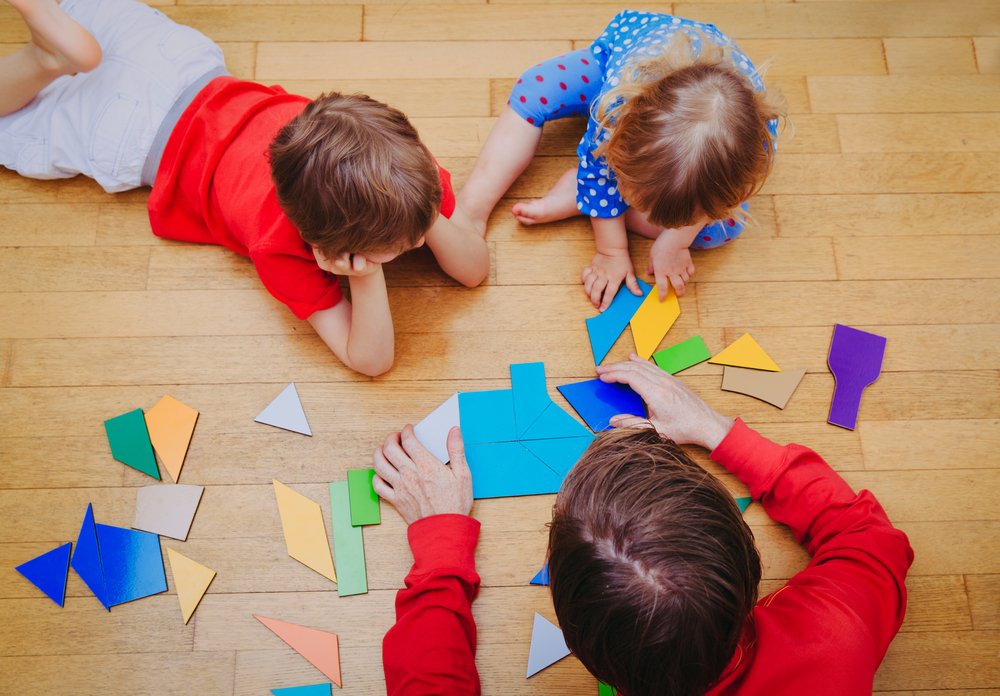
Key points: The ability to notice and identify colors and shapes is important for describing the world around us. Engaging…
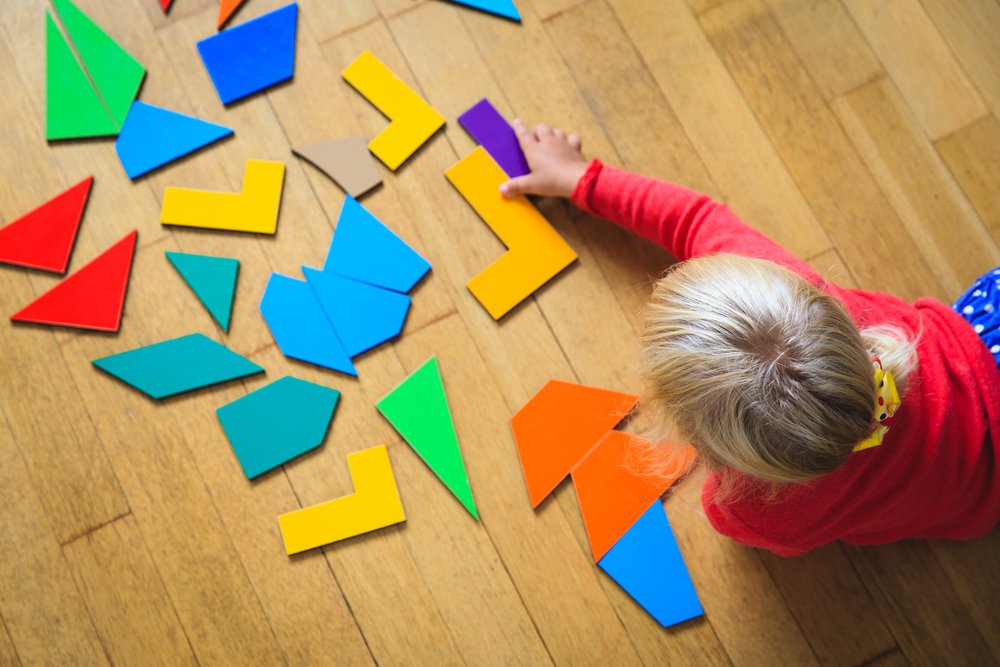
Key points: The American Academy of Pediatrics suggests that children between 2 and 3 years of age learn to discriminate…
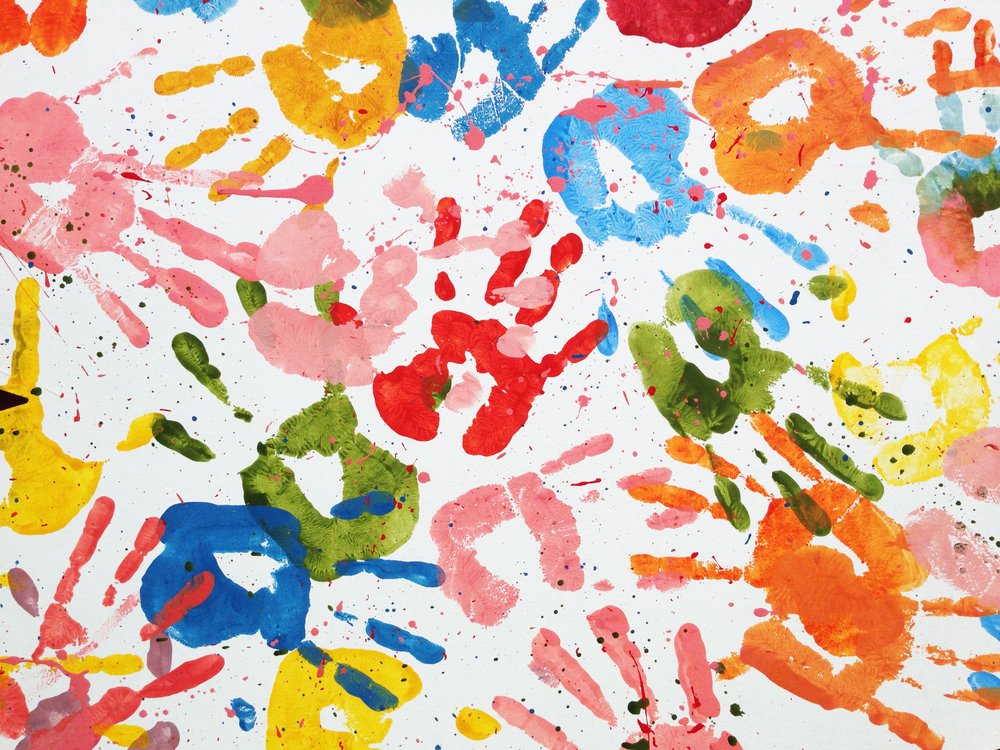
Key points: Visual object recognition is a complex mechanism that depends on a multitude of other cognitive processes. Between 2…
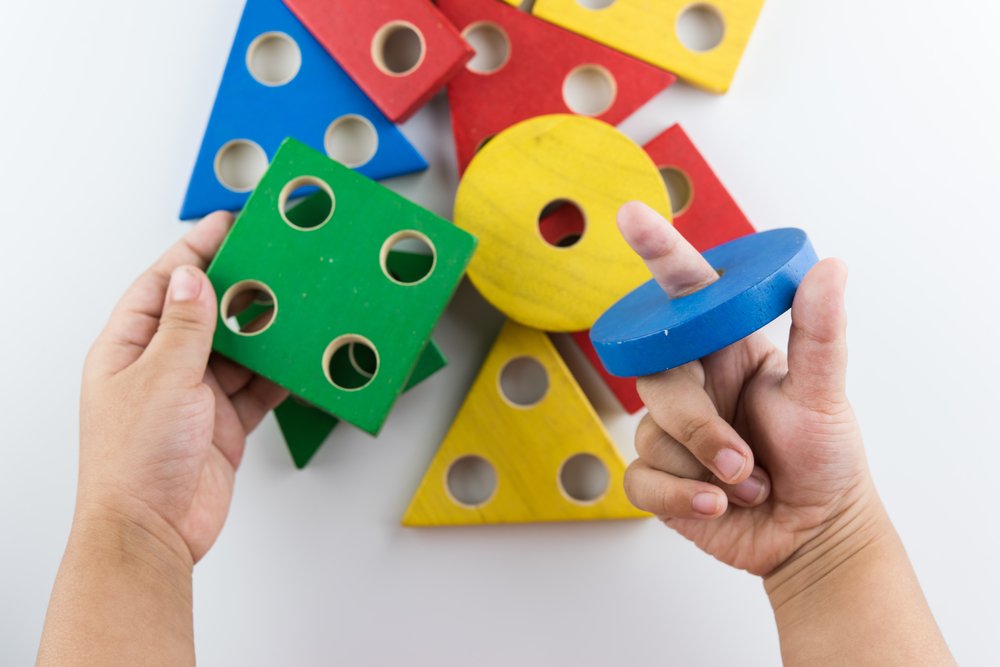
Key points:1. Around age 3-4, children begin understanding object characteristics and properties.2. They progress from identifying shapes and colors to…
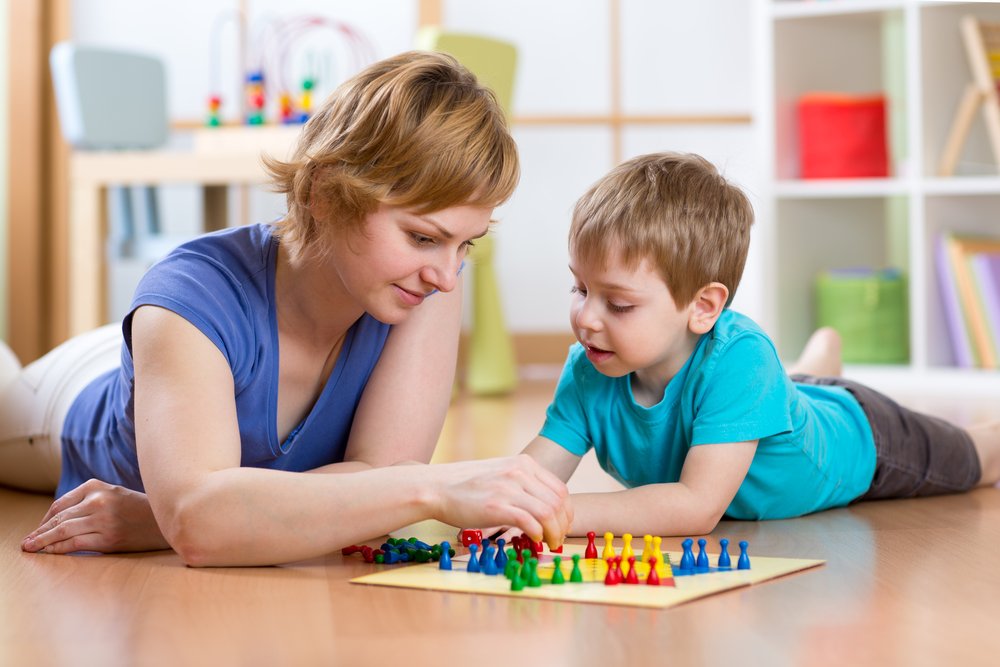
Key points: Children between 24 and 36 months start learning object characteristics and sorting by size, shape, or color. At…

Key points: 1. Open-ended toys, like cardboard boxes, offer endless possibilities for imaginative play. 2. Children use their senses and…
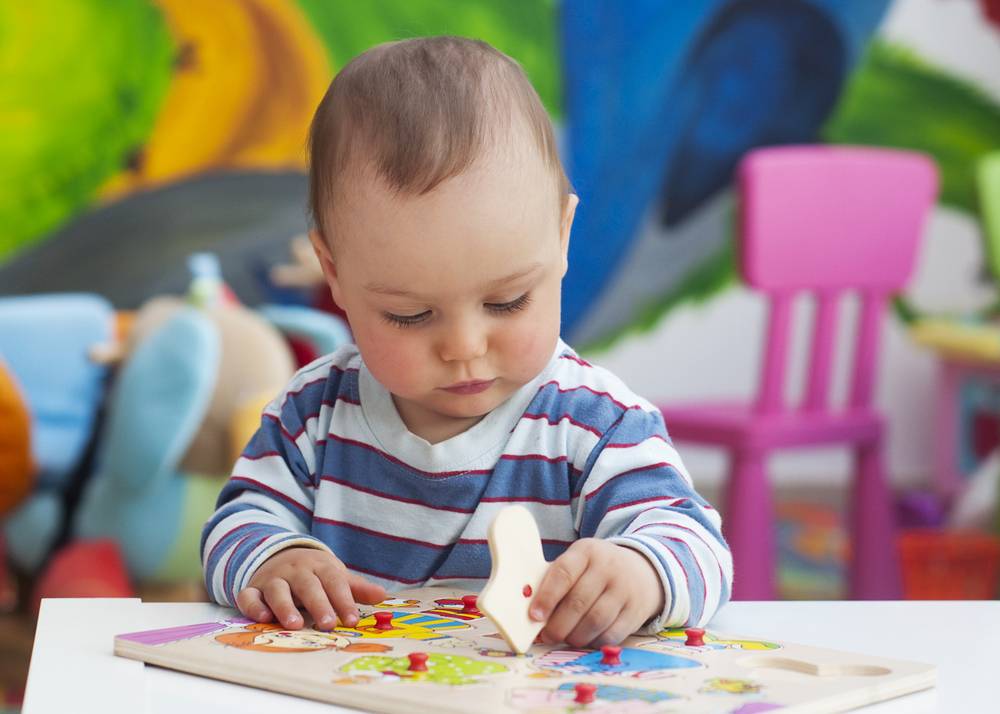
Key points: Research has shown that children who play with puzzles, building blocks, and board games tend to have better…
Subscribe to our newsletter and join Kinedu’s community